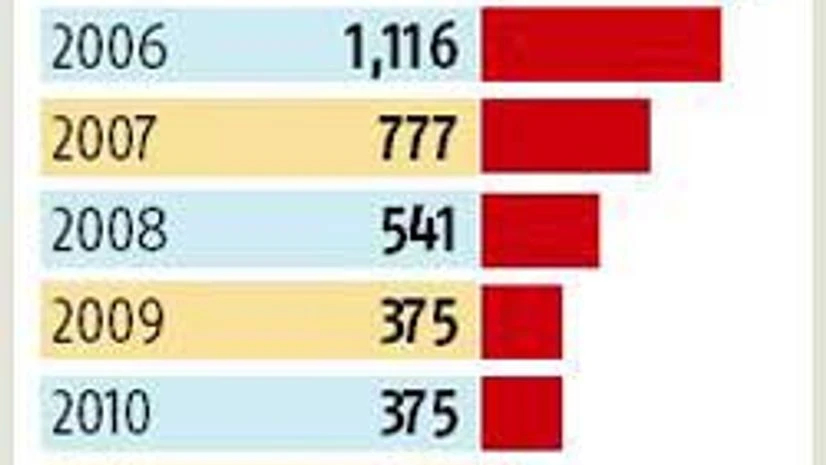Burhan Wani, described as the poster boy of militancy in Kashmir, was killed on July 8.
Over the past five years, this 22-year-old had led a group of 60-70 young and educated people from south Kashmir in a purely home-grown resistance, with the help of social media and some bold messaging. He assisted in promoting the growing alienation in Kashmir, especially among the younger generation.
Wani was radicalised by the ill-treatment his brother suffered in police custody and, later, fired by the resistance mounted by those who banded together to throw stones at symbols of the Indian state. While there is no doubt that infiltration from across the border has exacerbated the disturbances in Kashmir, it is also true that the causes are socio-economic.
The pattern of fatalities suggests that the Kashmiri peoples' commitment to the electoral process has gone hand in hand with bitterness over the presence of the Army and paramilitary forces in the state. Record turnouts in the 2008 and 2014 Assembly elections suggest despite all they have gone through, people there are still willing to give democracy a chance.


)
